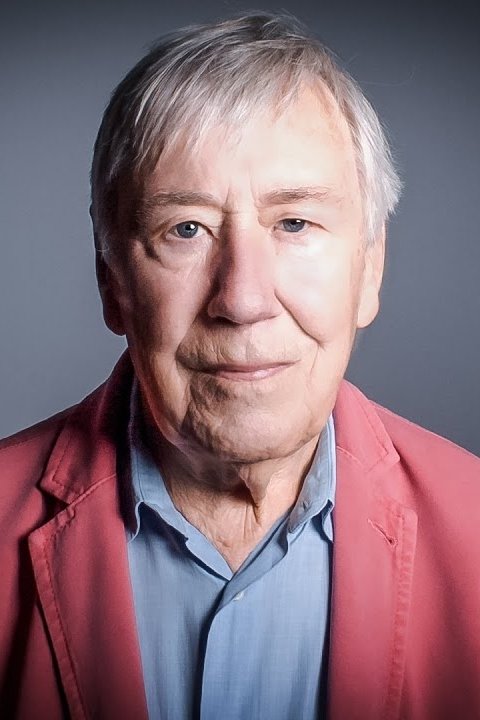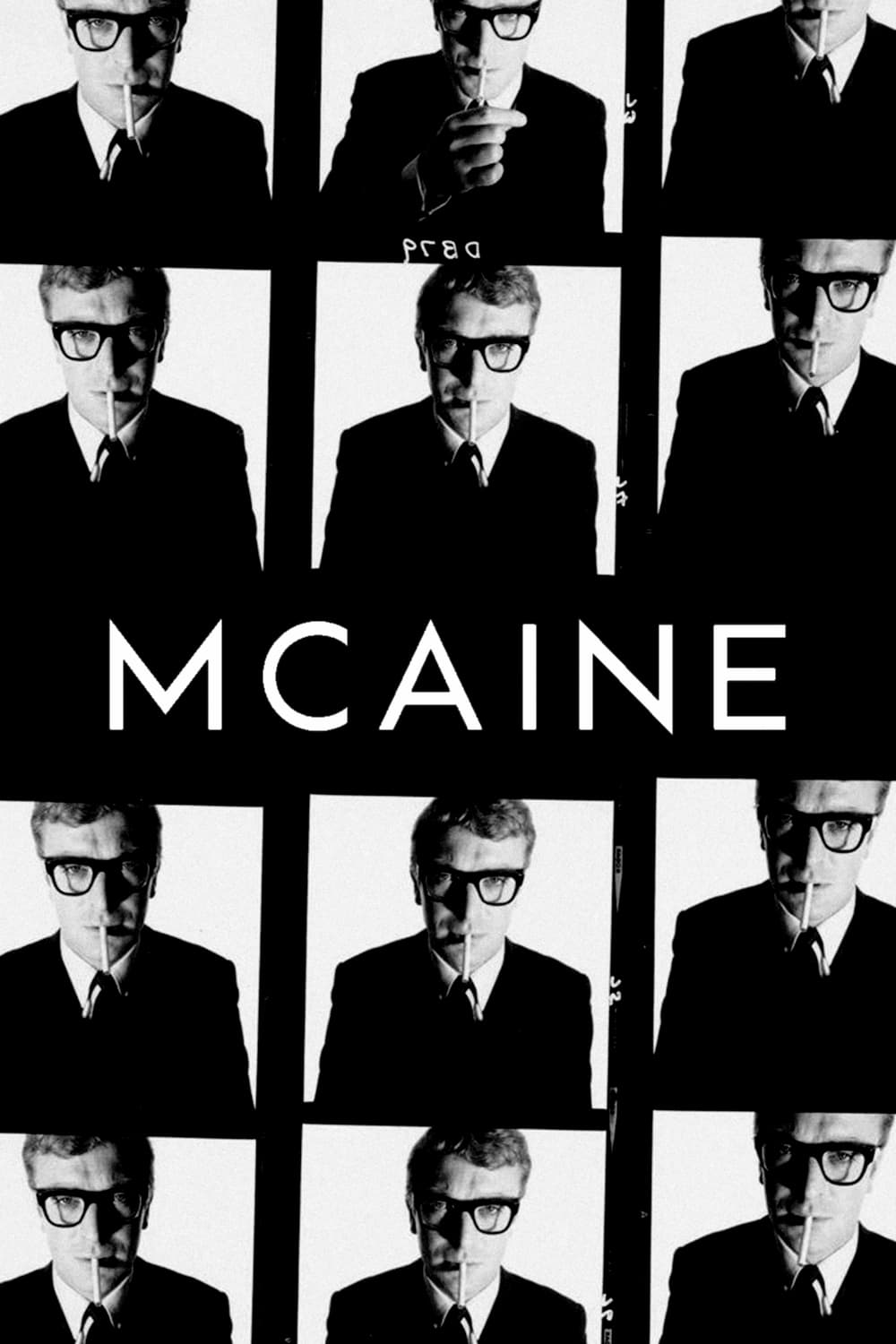

Legendary British actor Michael Caine, who began his brilliant career on stage during the 1950s, talks about his private life, his work in film and the books he has written.
A hundred years after the theft from New Zealand of three irreplaceable tribal carvings, two Maori, Rewi and Peter, decide it's time for ancient grievances to be put right. Both men are in Berlin where the carvings are stored in a museum. Plans go awry when a group that Peter has assembled breaks into the museum. Rewi persuades the others to let him put his own, more daring plan into action. Tensions build and international media interest broadens when a sniper's bullet hits Peter.
Three guests in a luxury hotel. The highly respected managing director of a computer company, an actor and womanizer and finally a bespectacled murderer who has calculated that a hotel room is the perfect setting for the murder of his victim, a Chinese politician passing through. As luck would have it, the three men swap rooms. As a result, the call girl, who is actually expected by the actor, ends up with the murderer, the respected businesswoman expected by the manager goes to the womanizer and the businessman's real wife, who (unexpectedly) turns up to accompany her husband, suddenly finds herself in the same room as the call girl and the murderer. Events come thick and fast and the murderer, whose glasses have been broken in the confusion, is unable to carry out his murder.

This film deals with the contrasts of the Wilhelminian era in Berlin: the splendor of the monarchy, the economic and intellectual vitality of the up-and-coming imperial capital on the one hand, and the misery of the proletarians in the tenements on the other. The documentary sets depressing images of the horrors at the front against the exhilaration of victory at the beginning of the First World War.
By browsing this website, you accept our cookies policy.